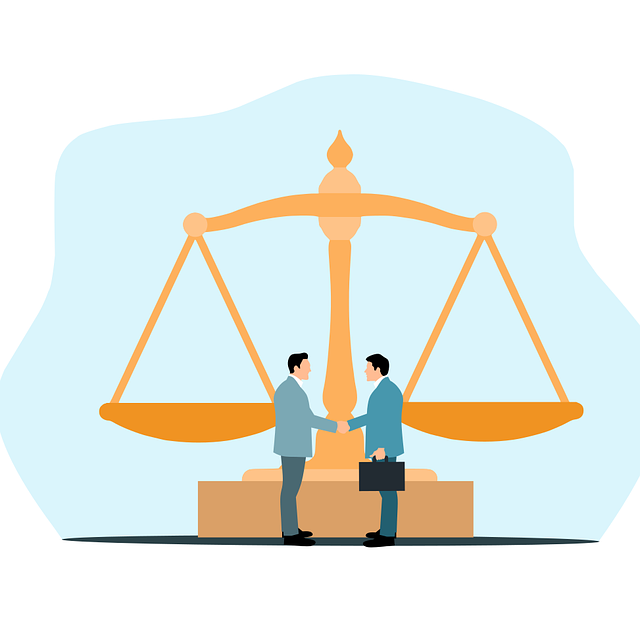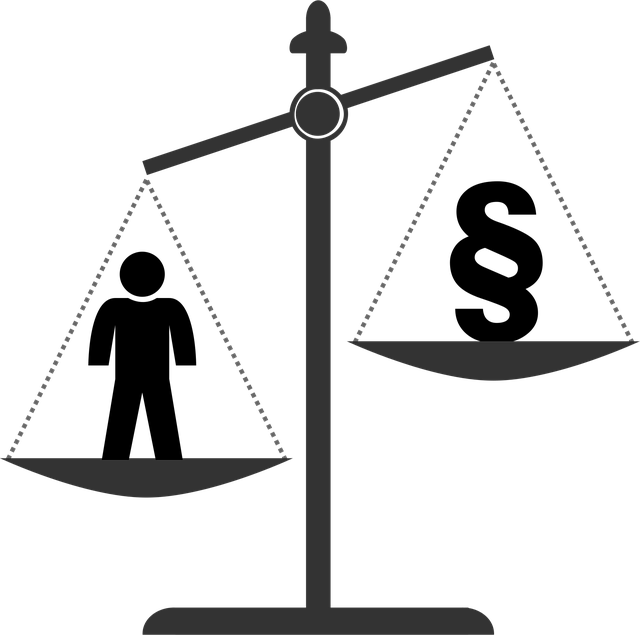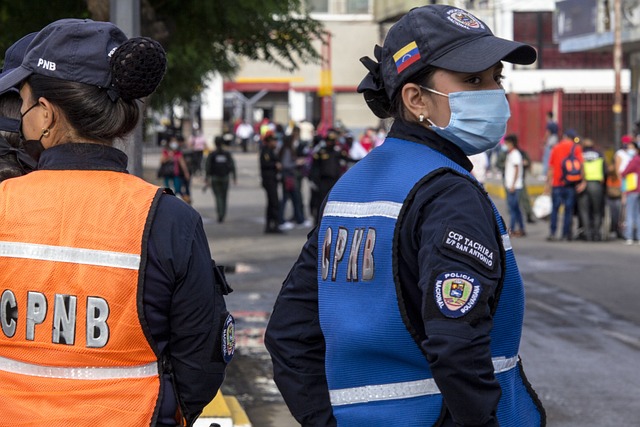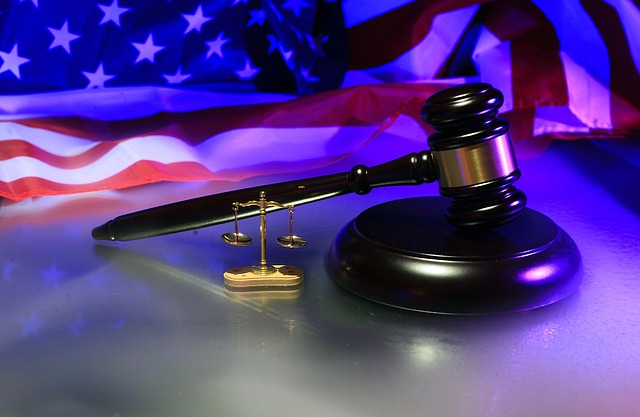In criminal law, effective strategies to contest witness credibility during trials are crucial for defense attorneys. These involve meticulous preparation, understanding psychology, and examining motives, memories, and past statements to expose inconsistencies or biases. Balancing fairness with rigor, these techniques safeguard justice, ensure reliability, and promote successful defense verdicts in high-stakes cases from white-collar crime to individual defendants.
In the realm of criminal law enforcement, understanding witness credibility is paramount for just outcomes. This article delves into essential strategies to contest witness testimony effectively during trials. We explore foundational concepts like evaluating witness reliability and identifying inconsistencies through meticulous evidence analysis. Key topics include mastering cross-examination techniques and navigating ethical considerations to ensure fairness while maintaining rigor in challenging credibility. By employing these tactics, legal professionals can enhance their ability to defend the innocent and prosecute the guilty.
- Understanding Witness Credibility: The Foundation of Trials
- Cross-Examination Techniques: Challenging Testimony Effectively
- Evidence Analysis: Identifying Discrepancies and Inconsistencies
- Ethical Considerations: Fairness vs. Rigor in Contesting Credibility
Understanding Witness Credibility: The Foundation of Trials

In criminal law enforcement, understanding witness credibility is paramount as it forms the bedrock of trials. Witness testimony plays a pivotal role in shaping the narrative and determining the outcome of high-stakes cases. Strategies to contest witness credibility are essential tools for achieving extraordinary results at every stage of the investigative and enforcement process. By scrutinizing factors such as consistency, bias, and reliability, defense attorneys can effectively challenge witnesses, thereby introducing doubt into the prosecution’s case.
This strategic approach involves delving into the witness’s background, motives, and potential influences that may impact their testimony. It includes exploring any prior statements made by the witness, identifying inconsistencies, and presenting evidence to contradict their accounts. Such tactics not only strengthen the defense but also ensure a fair trial, allowing for a balanced assessment of the facts and evidence presented.
Cross-Examination Techniques: Challenging Testimony Effectively

In criminal law enforcement, cross-examination plays a pivotal role in challenging testimony and determining the outcome of trials. Effective strategies to contest witness credibility are essential tactics for any defense attorney. The process involves meticulous preparation, understanding witness behavior, and employing specific techniques to expose inconsistencies or biases. By questioning their memory, motives, and past statements, lawyers can cast doubt on the reliability of witnesses’ testimonies, which is crucial in cases ranging from high-profile crimes to complex white-collar defenses across the country.
Mastering cross-examination requires a deep understanding of not only the law but also human psychology. Lawyers must adapt their strategies based on the witness’s demeanor and the nature of their testimony. Throughout all stages of the investigative and enforcement process, these techniques are invaluable tools for defending against accusations, ensuring that justice is served with integrity and fairness.
Evidence Analysis: Identifying Discrepancies and Inconsistencies

In criminal law enforcement, evidence analysis is a critical component that can make or break a case. One crucial aspect within this process is identifying discrepancies and inconsistencies in witness testimonies. Strategies to contest witness credibility in trials are essential for achieving extraordinary results, whether it’s for white-collar and economic crimes cases involving corporate clients or individual defendants.
Legal professionals must employ sophisticated techniques to uncover potential biases, motives, or memories lapses that could impact the reliability of a witness’s statement. By carefully scrutinizing details, cross-referencing information from multiple sources, and presenting compelling counterarguments, defense attorneys can challenge the veracity of testimonies. This meticulous approach ensures that justice is served and protects the rights of both corporate and individual clients alike.
Ethical Considerations: Fairness vs. Rigor in Contesting Credibility

In criminal law enforcement, navigating the balance between fairness and rigor is essential when contending with witness credibility during trials. Strategies to contest witness reliability must be carefully crafted to ensure due process while protecting the integrity of the justice system. Legal professionals face a delicate task—challenging false testimonies without infringing upon an individual’s rights or undermining the truth-seeking process, especially in cases involving corporate and individual clients.
An unprecedented track record of winning challenging defense verdicts relies on meticulous investigation and effective cross-examination techniques. By employing strategic maneuvers, such as exposing inconsistencies, motivating biases, and scrutinizing memory lapses, defense attorneys can test the credibility of witnesses, leaving jurors to weigh evidence critically. These methods not only enhance the fairness of trials but also foster an environment where justice prevails, even in complex scenarios.
In the pursuit of justice, effectively contesting witness credibility through robust strategies is paramount. By understanding witness reliability, employing meticulous cross-examination techniques, and analyzing evidence with a critical eye, legal professionals can ensure fair trials. Balancing ethical considerations while rigorously questioning testimony is essential to upholding the integrity of the criminal justice system. Mastering these techniques empowers lawyers to challenge discrepancies, expose inconsistencies, and ultimately protect the rights of both defendants and victims alike.






